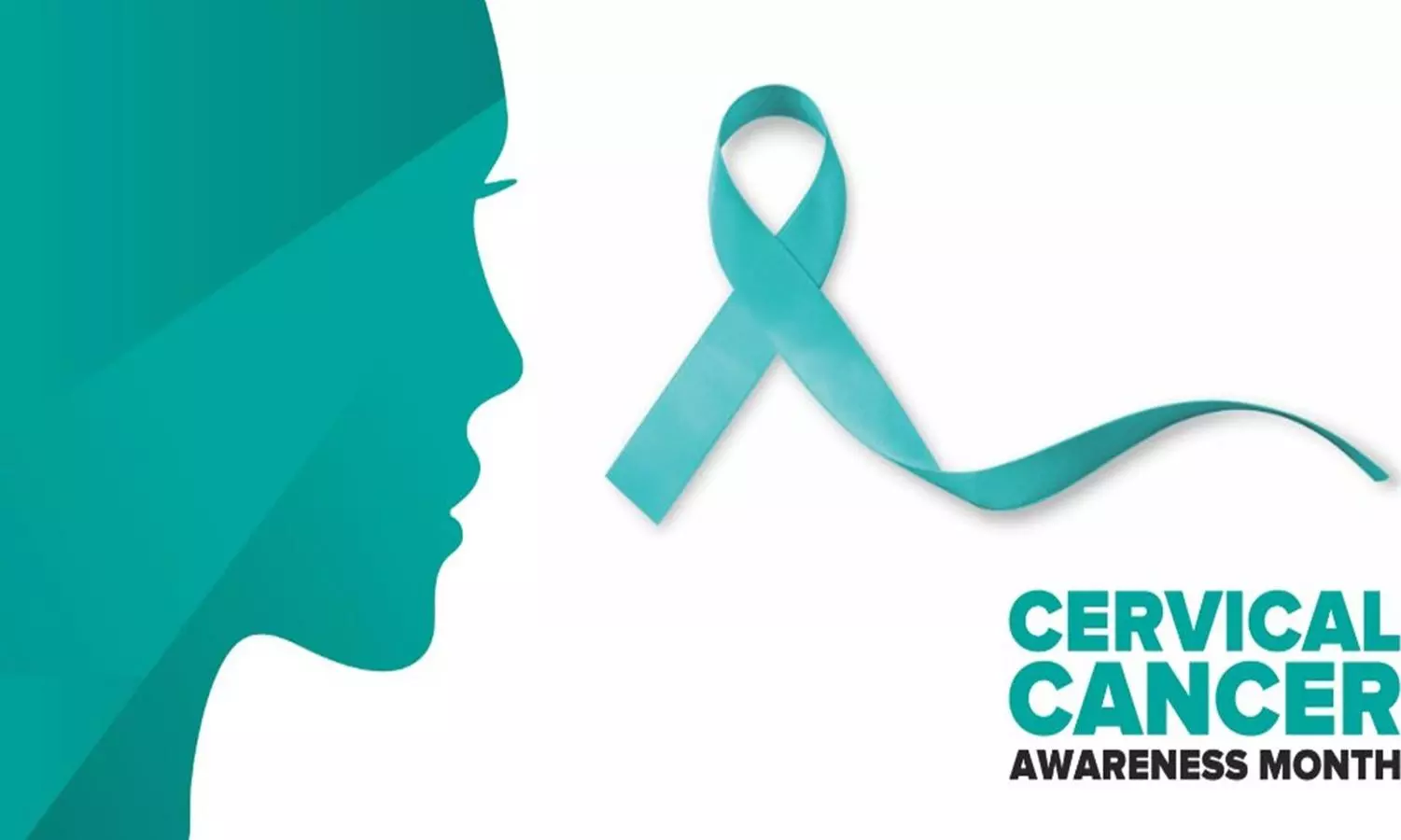Rise in Cancer Cases Among Women in Kurnool, Nandyal

Kurnool: Around 2,000 suspected cancer cases have been identified during a survey in Kurnool and Nandyal districts. The majority of the affected individuals are between 30 and 40 years old, with breast and cervical cancers being the most prevalent.
The survey revealed that rural populations tend to consult doctors “only when the disease has reached an advanced stage.”
Medical teams, including officers, ANMs, Asha volunteers, and Mid-Level Health Providers, conducted tests for around 2.40 lakh individuals in the two districts. Of the 4 lakh people tested, approximately 2,000 women were suspected having cancer; a majority of these being breast and cervical cancers.
Notably, there is a lack of awareness about the disease even among the people in urban areas.
The suspected cases have been directed to specialists at the government general hospitals for confirmation and treatment.
In Kurnool, records show more than 10,000 cancer patients are receiving treatment under the Arogyasri scheme. Every month, 10-20 new breast and cervical cancer cases are reported to the cancer wing at Kurnool's GGH. In Nandyal, the GGH has set up an outpatient ward and is advising patients to visit Kurnool GGH for confirmation and treatment.
Cervical cancer ranks as the second most prevalent cancer in India and accounts for nearly one-fourth of the world's cervical cancer deaths, though these are largely preventable.
The Indian government introduced vaccines, Cervarix and Gardasil for Human Papillomavirus (HPV) in 2009-2010, with pilot programmes conducted in Gujarat and Andhra Pradesh. Recently, India developed its own affordable and cost-effective HPV vaccine, Cervavac.
“The HPV vaccines should ideally be administered to adolescents before the start of their sexual lives. Once the cycle begins, the vaccine is ineffective. We found that many women are still unaware of the vaccine and its preventative benefits. This lack of knowledge is contributing to the higher prevalence of the disease in women in their 40s or 50s,” said a doctor associated with the survey.
Breast cancer, which has no preventive vaccine, remains one of the most dangerous cancers. Medical professionals emphasize the importance of regular annual tests as the primary means of prevention. While vaccine trials for breast cancer are ongoing, they have not yet been introduced into regular vaccination systems. The HPV vaccine, although beneficial for prevention, remains costly and must be administered during adolescence for maximum effectiveness.

